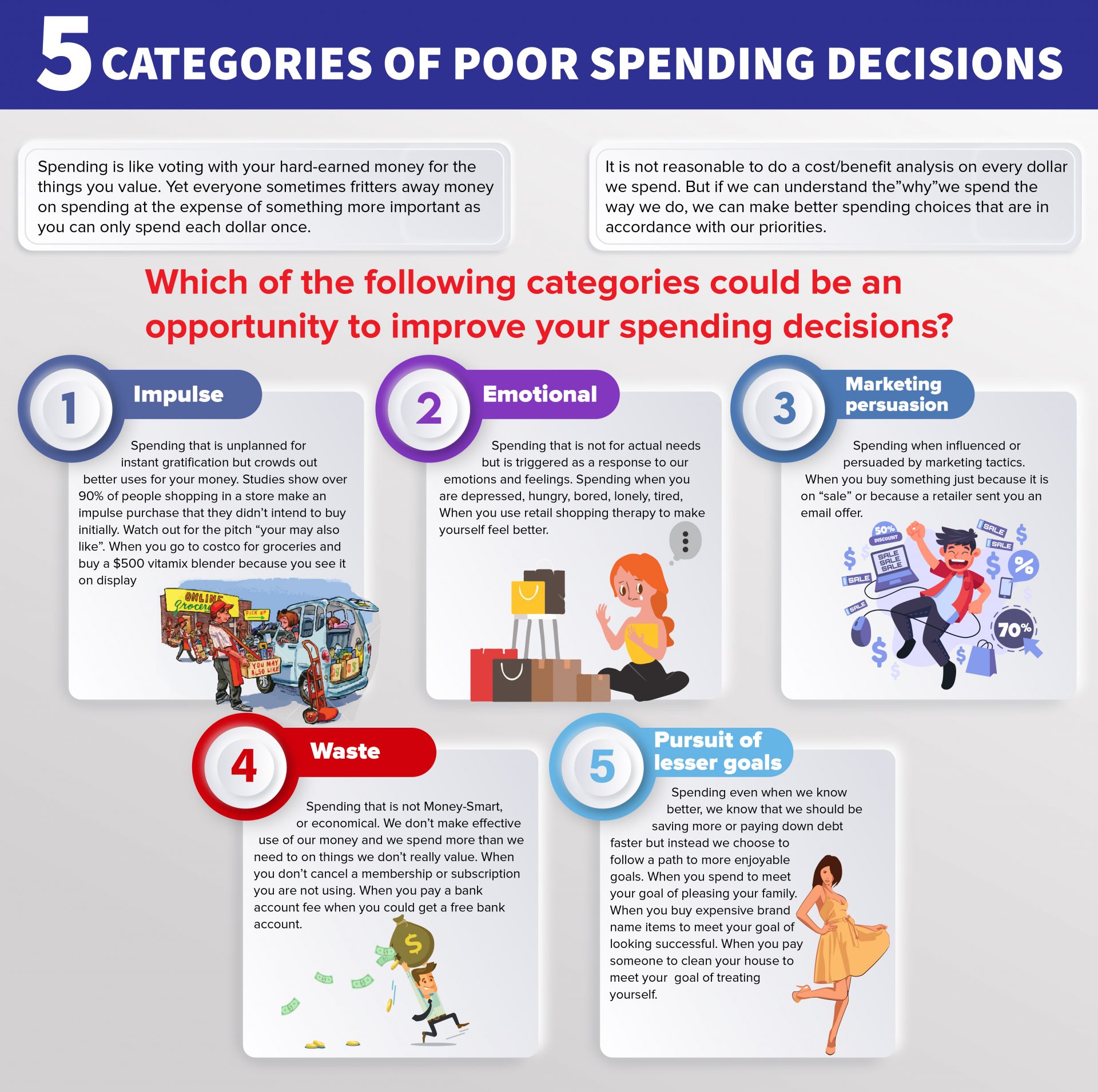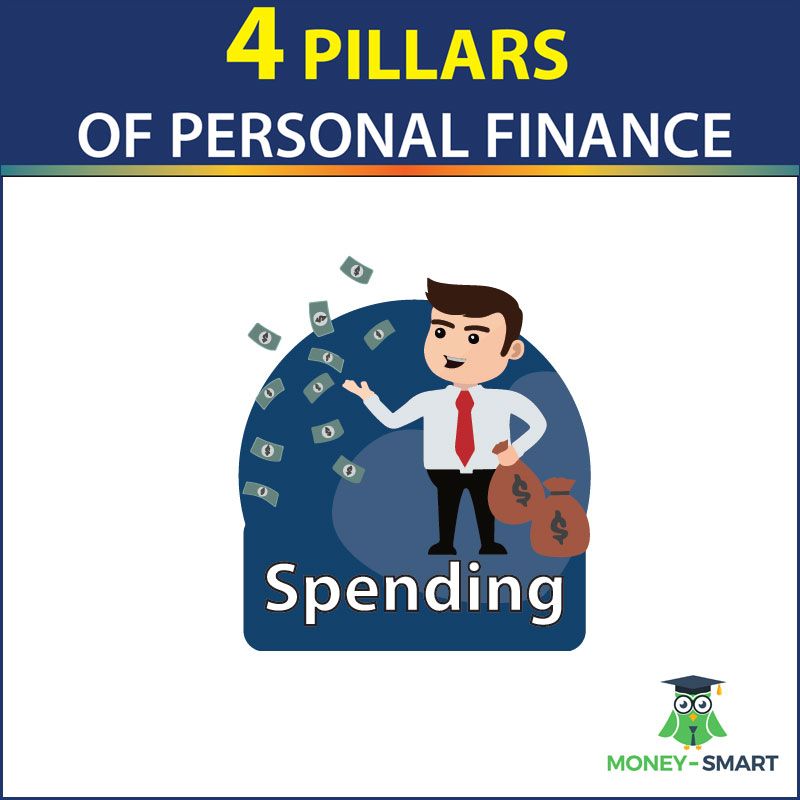As well as being a Britney Spears song, this is a common phrase I hear from clients who repeatedly fail to reduce their monthly spending to meet their financial goals.
The reality is that despite one’s best intentions it can be difficult to change your habits and not let your spending decisions be affected by your emotions and the influences you face in your day-to-day activities. You are not a robot, and your environment can influence you and the choices you make about money.
The goal should not be to live like a monk and say no to every spending opportunity you face. The goal is to spend your money according to your values and on things that are important to you. Spending should be like voting with money for the things you value. Yet many of us will allow our limited spending money to be frittered away on things we don’t really value. As we only have so much money to spend this means we get forced into a difficult choice where we must choose between forgoing the things we really want or using debt to fund our spending.
This cycle often repeats month after month, and often people fall into a harmful narrative that it is out of their control, life just costs too much, and it is what it is.

The best way out of this situation, is to flip the narrative to recognize that you are the buyer, you are in control. Virtually every cent you spend, apart from taxes, is a choice you make. Life isn’t just expensive. It may be the things you have chosen to spend money on are expensive, but that is your choice. And if you reframe it as a choice you are making, then you will recognize you are in control and you do have the power to change the amount you spend.
This may seem like a daunting task at first as you go from having a consumer, price taker mindset to a buyer, in control mindset. Start by reviewing where your money goes each month and make a list of all the spending that happens that you really don’t value. These will be the easiest ones to cut, as you don’t want to be spending money on these items anyways.
For example, ask yourself if you really want to buy a bank account for $18/month, $216 /year? Would you miss that spending if you chose not to buy it? When you recognize that you can get a perfectly fine bank account for free, you will realize that this is a spending mistake, and it should be cut as it crowds out spending that is more important to you.
For the vast majority of the people that I have worked with, when we did this exercise of switching to a buyer mindset and reviewed their spending, we could find several spending decisions that were either mistakes or they were not in accordance with their priorities. These spending mistakes often show up as feelings of buyer’s remorse after a purchase, or feelings of sadness caused by the opportunity cost of their past spending. The opportunity cost from past spending can be hard to recognize at the time because it is only realized later when you must miss out on an opportunity.
There are 5 main categories of spending mistakes that we seem to repeatedly make.
Impulse Spending – this is spending that is unplanned, when we make a quick spending decision on impulse. Consider how often you come home from shopping trips with items you purchased that you had no intention of buying when you left.
Emotional spending- spending that is not based on our needs but is triggered as a response to our emotions and feelings. Shopping therapy is a common practice.
Marketing persuasion – spending that is influenced by marketing. How often do you make a spending decision simply because the item is on “sale”?
Waste – spending that we don’t value, but we let it happen anyway. When we fail to cancel a subscription that we are not even using.
Pursuit of lesser goals – when we know we should not be spending this money on this item, but we consciously choose to do it anyway to meet some other less important goal. When we know we are over budget and we need our money to make a bill payment, but we go ahead and buy those new shoes anyway, to meet our goal of looking good.
The good news is that once we learn to be Money-Smart we can more easily recognize these spending mistakes and develop a strategy to change our environment and limit the number of times they happen. View these spending changes as an opportunity and as a source for more funds to spend on the categories you really do value. Future you will thank you!




